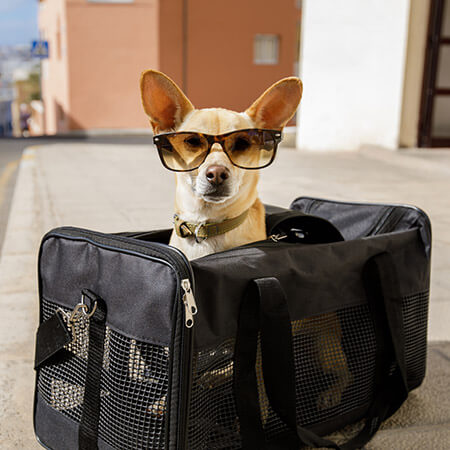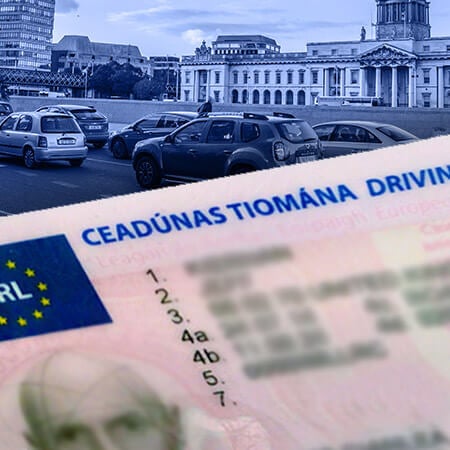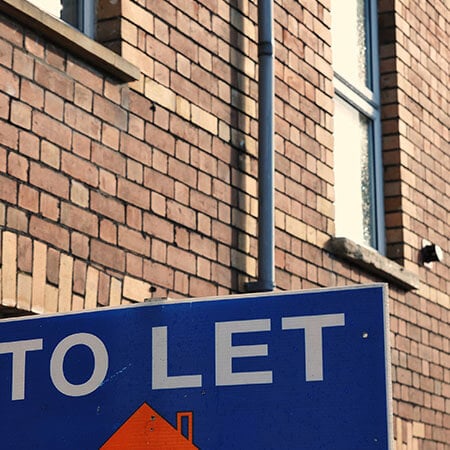If you want to move to Dublin, you need to think about visas, jobs and housing. If you have a young family, schools are a big deal too. Once you arrive, you’ll need to get a social security number – and that’s just the tip of the iceberg. There’s lots of other practical to-dos to get through.
If you decide to relocate to Dublin, here are ten essential steps you should undertake.
1. Figure out the entry requirements
Firstly, you need to check if you need a visa to gain entry to Dublin. If so, you need to find out what type and assess whether you meet the eligibility requirements. It’s important to make sure you tick all the boxes before making your way here.
If you plan to bring a pet to Dublin, you may need paperwork for them too.
2. Figure out the employment scene
If your move to Dublin hasn’t been inspired by a specific job offer, it’s a good idea to do some research before relocating.
Prior to the pandemic, Ireland was near full-employment and many skills were highly sought after. Right now, the future is unclear but economic growth is forecast for Ireland. Many multinationals are proactively hiring staff and, in areas like ICT and pharma, certain skills are still in-demand too.
EY’s Economic Eye forecast suggests that while jobs growth may moderate slightly in 2024, the unemployment rate will remain low by historical standards and recruitment difficulties will be an issue for many businessess again this year.
Ireland encourages the immigration of skilled workers, so it’s a good idea to see if your occupation is listed on the Government’s critical skills list. If so, you may be able to receive preferential immigration and support to get settled. Many engineering and health occupations currently make the list.
If you’re moving to Dublin to study, you can check out our arrival guide for international students instead.
3. Start the house hunt
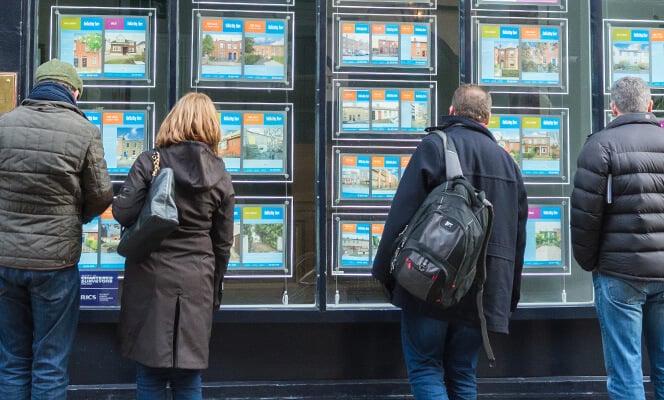
There’s no getting around the fact that housing is in short supply in Dublin. Employment opportunities have attracted many domestic and international newcomers to the city – and they all need somewhere to live.
Fortunately, you can do a lot of research before you arrive. One of the best resources is Daft.ie, Ireland’s biggest property site. You can also check out our comprehensive guide to accommodation in Dublin for information on buying or renting a home.
Dublin is serviced by a comprehensive transport system including bus, tram and train lines. They all extend in different directions from the city centre. So, if you’ve secured a job, it’s makes sense to map potential routes to work before choosing the neighbourhood you’d like to live in.
After you move to Dublin, check out our guides to waste disposal and setting up utilities in the city.
4. Sort out schools
The availability of quality education is among the best reasons to live in Dublin. So, if you have children, it’s important to figure out their schooling in good time. Waiting lists in Irish schools are currently being phased out, but some institutions are still oversubscribed. To ensure you secure a place in a school near your new home, make inquiries as soon as possible.

Our useful guide on the Irish school system and Dublin’s schools will help you understand what’s on offer too.
5. Open a bank account
To get paid, you’ll need to set up a bank account as soon as you start working. To open one, you’ll require proof of address, as well as photo ID. Once you have these documents, the process is pretty straight forward. You can find out more about Dublin’s most popular banks in our guide to opening a bank account.
6. Register for a PPS card
For tax purposes, you must apply for a Personal Public Service number. Your employer will need it to inform Revenue of your tax deductions. You’ll also need it to avail of a range of public services, such as the Drugs Payment Scheme, social welfare benefits and a driver’s licence.
Usually, you can’t get this card until you move to Dublin, but once you arrive, you can apply online. You’ll need proof of address, photo ID and evidence of why you need a PPS number. This evidence could be a job offer or a college enrollment letter, for example.
7. Register for your driving licence
Once you have a PPS number, you can apply for an Irish driving licence – or exchange your current one.
The process is pretty straightforward for EU citizens. In fact, they don’t need to change their licence at all if they don’t want to. But people from non-EU countries who live in Ireland for at least six months of the year will eventually have to exchange their licence or sit an Irish driving test.
The process varies from country to country, so we’ve written a dedicated guide to driving in Ireland. It includes information on taxation and insurance too.
8. Get a Leap card and check out dublinbikes
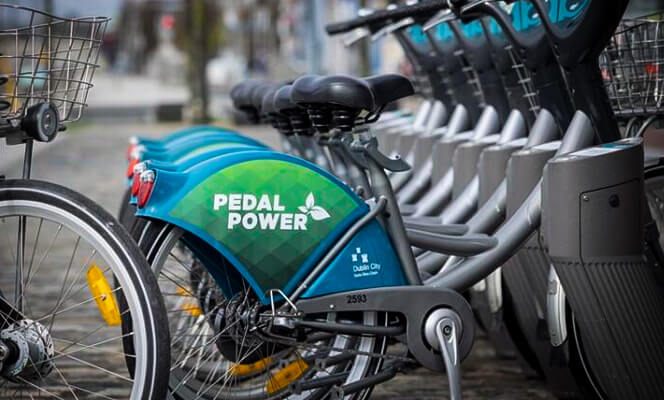
A Leap card is the simplest and most cost-effective way to avail of Dublin’s public transport. Leap card fares are up to 32% cheaper than buying one ticket at a time. So, if you commute to work or plan to use public transport regularly, the savings will add up.
You can top up your card as needed on your phone, in most shops or at the city’s transport ticket machines. Alternatively, you can register for a monthly or annual pass.
You can register for a card yourself. Although many employers provide one through the Tax-Saver scheme, which will reduce the amount you spend on transport even further.
Dublin city’s bike-sharing scheme also offers an easy and affordable way to travel the city. For a yearly subscription of €35, you can use any bike at any dock located throughout the heart of Dublin. The first 30 minutes of any journey is free. For longer journeys, charges apply.
9. Set up your mobile phone
The three primary mobile networks in Ireland are Vodafone, Three and eir. Switching your phone to any of these networks should be relatively easy. If you can, just make sure your existing phone isn’t locked into a network. Otherwise, you may have to contact your current provider or sometimes even buy a new phone.
You can choose to operate your mobile phone through pre-paid credit or a monthly bill. Every mobile operator has a wide range of plans on offer, so you’ll be able to find something that suits your needs. You can use Switcher.ie to compare your options.
10. Learn the language
Irish and English are both official languages of Ireland. While Irish is taught in every school, English is most commonly spoken in Dublin.
If English isn’t your first language, consider registering for classes at one of the many language schools across the city. Alternatively, you can use an app like Duolingo to practice before you arrive. (You could join the million people who learn Irish – or ‘Gaeilge’ – through it every week too.)
It’s also worth noting that local libraries and Meetup groups regularly organise language exchanges around the city. If you’re not a native English speaker, they offer a great way to meet locals and experience the culture.
